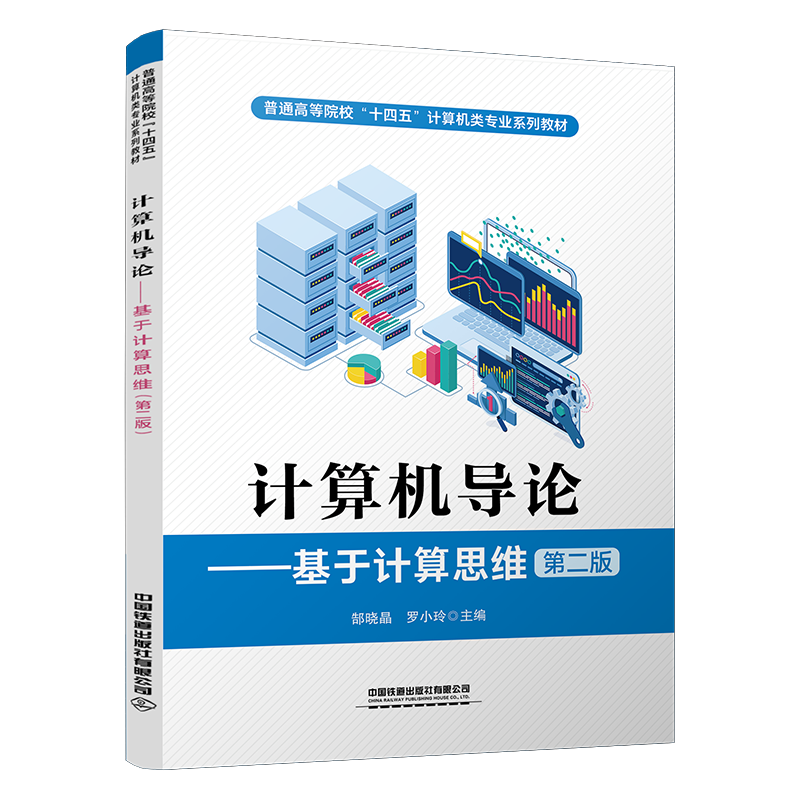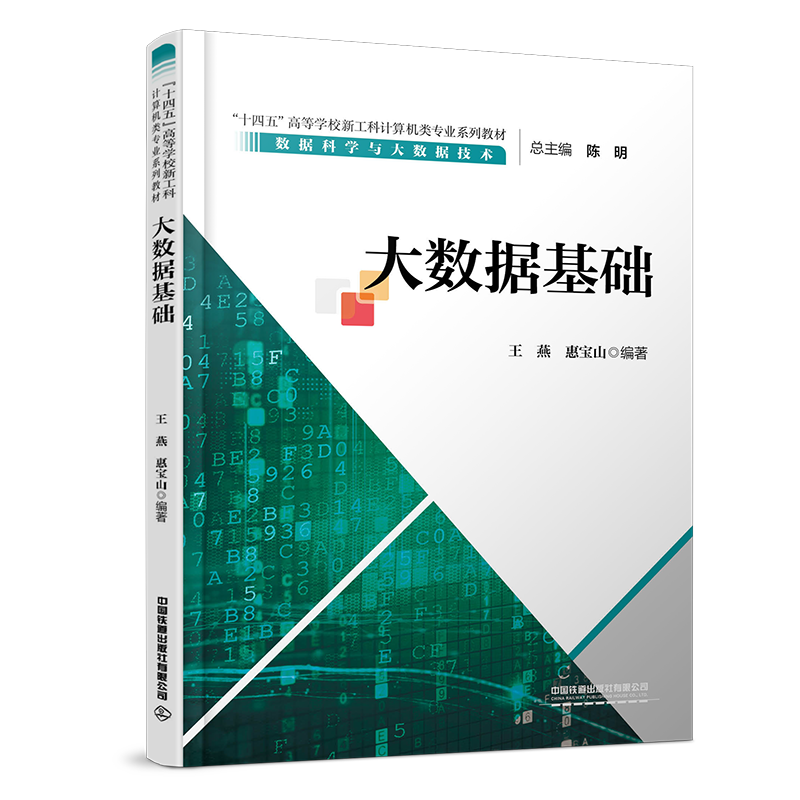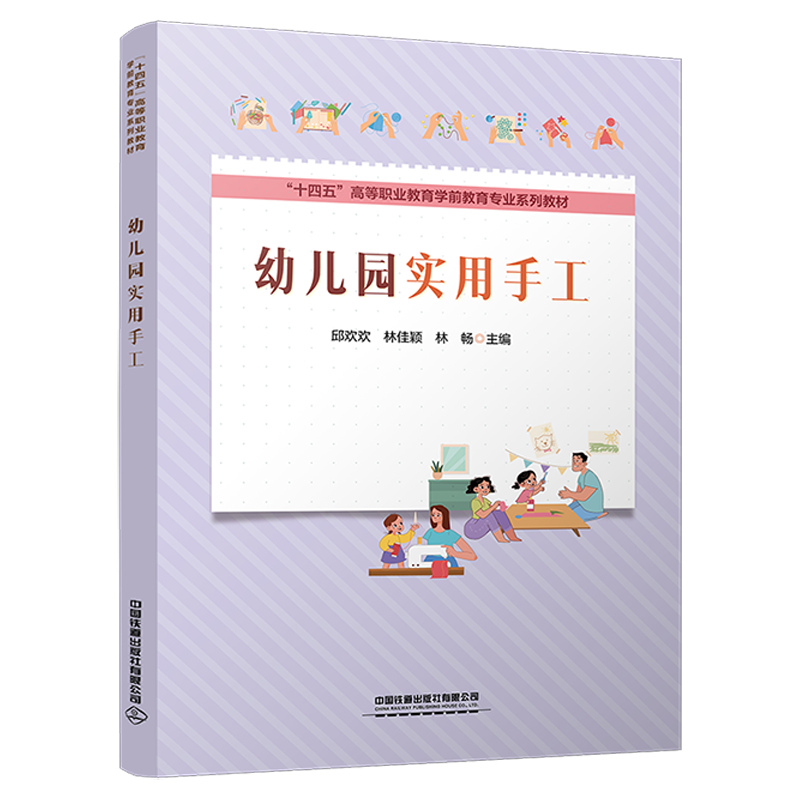游戏英语教程
书 号:9787113159702
丛 书 名:十二五”高等学校动漫游戏专业设计丛书
作 者:房晓溪
译 者:
开 本:16开
装 帧:平装
正文语种:
出 版 社:中国铁道出版社有限公司
定 价:33元
-
内容简介
游戏产业和相关游戏教育行业越来越呈现跨国界的特点,从游戏策划到3D游戏设计和开发,国际交流越来越广泛。本书用5个部分32章的内容全面收集了国内外经典游戏案例并且论述了游戏的策划、美术、程序及运营全部过程的理论和实践。读者可以学到原汁原味的国际国内经典游戏的特色和规律,可以极大地提高读者设计和制作游戏的能力。
本教材适合作为高等学校动漫游戏专业学生的教材,也可作为动漫游戏爱好者的参考用书。 -
前言
随着计算机技术、网络技术和数字通信技术的高速发展与融合,传统的广播、电
视、电影快速地向数字音频、数字视频、数字电影方向发展,与日益普及的电脑动
画、虚拟现实等构成了新一代的数字传播媒体。数字媒体艺术专业是一个宽口径的以技
术为主、艺术为辅,技术与艺术相结合的新专业。本专业的毕业生需要掌握信息与通信
领域的基础理论与方法,具备数字媒体制作、传输与处理的专业知识和技能,并具有一
定的艺术修养,能综合运用所学知识与技能去分析和解决实际问题。
数字媒体艺术专业旨在培养具有良好的科学素养以及美术修养、既懂技术又懂艺
术、能利用计算机新的媒体设计工具进行艺术作品的设计和创作的复合型应用设计人
才。使学生能较好地掌握计算机科学与技术的基本理论、知识和技能,能熟练掌握各种
数字媒体制作软件,具有较好的美术鉴赏能力和一定的美术设计能力,能应用新的数字
媒体创作工具从事平面设计,网络媒体制作,游戏、动画制作,数码视频编辑和数字化
园林景观设计等方面工作的专业技术人才。
本书用5个部分32章的内容全面展示了国内外经典游戏案例并且论述了游戏的策
划、美术设计、程序设计及运营全部过程的理论和实践。读者可以领略到原汁原味的
国际国内经典游戏的特色及其共有规律,可以极大地提高读者设计和制作游戏的能
力。本教材适合作为高等学校动漫游戏专业学生的教材,也可作为动漫游戏爱好者的
参考用书。
本书由北京吉利大学房晓溪任主编,并负责全书的结构设计及最后的定稿。侯宇坤
任副主编,负责全书的内容编写。在编写过程中,作者参阅了大量同类教材、专著,在
此向相关作者表示衷心的感谢。由于时间仓促和水平有限,书中难免有不妥之处,敬请
读者批评指正。
编者
2012年8月 -
目录
Contents
PART Ⅰ INTRODUCTION
Chapter 1 What Is Game .............................................................. 003
1.1 Decision Making ........................................................................................................... 003
1.2 Goals ............................................................................................................................. 004
1.3 Opposition ...................................................................................................................... 005
1.4 Managing Resources ...................................................................................................... 006
1.5 Game Tokens ................................................................................................................. 007
1.6 Information .................................................................................................................... 007
Chapter 2 GameSpy’ 7 Most Influential People in Gaming ............ 009s
2.1 Ed Fries(Microsoft).................................................................................................... 009
2.2 Alexey Pajitnov(Microsoft)........................................................................................ 009
2.3 Gabe Newell(Valve Software).................................................................................... 010
2.4 John Romero(Monkeystone)...................................................................................... 011
2.5 John Carmack(ID Software)....................................................................................... 012
2.6 Sid Meier(Firaxis Games).......................................................................................... 013
2.7 Shigeru Miyamoto ......................................................................................................... 014
Chapter 3 The Type of Game ........................................................ 017
3.1 The Type of Game Design ............................................................................................. 017
3.2 Sports Games ................................................................................................................. 018
3.3 Fighting Games .............................................................................................................. 020
3.4 Puzzle Games ................................................................................................................. 021
3.5 Real-time Strategy Games ............................................................................................. 022
3.6 Role-playing Games ...................................................................................................... 024
3.7 First-person and Third-person Action Games ................................................................ 026
3.8 Simulations .................................................................................................................... 027
Chapter 4 Fundamentals of Computers ......................................... 028
4.1 Cathode Ray Tube Technology ...................................................................................... 028
4.2 Image Properties ............................................................................................................ 031
目
录
001
PART Ⅱ MACHINATE
Chapter 5 The Base ..................................................................... 035
5.1 Starting Points ................................................................................................................ 035
5.2 Establishing Focus ......................................................................................................... 037
5.3 Player Character Concepts ............................................................................................. 039
5.4 Types of Props and Their Use ........................................................................................ 041
5.5 Types of Items/Power-ups and Placement ..................................................................... 043
Chapter 6 Level ........................................................................... 045
6.1 Planning and Building .................................................................................................... 045
6.2 Avoiding Common Level Mistakes ............................................................................... 047
6.3 The Process .................................................................................................................... 049
6.4 Level Separation ............................................................................................................ 052
Chapter 7 Scripting ...................................................................... 054
7.1 Scripting in Games......................................................................................................... 054
7.2 Scripting Technology Choices ....................................................................................... 055
7.3 Using Trigger ................................................................................................................. 058
Chapter 8 Documents .................................................................. 060
8.1 The Necessary of Game Development Documents ....................................................... 060
8.2 The Writing Style ........................................................................................................... 061
8.3 Story Bible ..................................................................................................................... 064
8.4 The Sections ................................................................................................................... 066
8.5 Inauspicious Design Documents .................................................................................... 070
PART Ⅲ
ART
Chapter 9 Cartoon-looking Rendering of 3D scenes ....................... 075
9.1 Introduction ................................................................................................................... 075
9.2 Algorithm ...................................................................................................................... 077
PART Ⅳ PROGRAM
Chapter 10 3D Math ..................................................................... 085
10.1 1D Mathematics ........................................................................................................... 085
10.2 Vector — A Geometric Definition ............................................................................... 087
002
游戏英语教程
10.3 Transforming an Object vs. Transforming the Coordinate Space ................................ 090
10.4 What Is Orientation ...................................................................................................... 093
Chapter 11 What Language Do I use ............................................. 096
11.1 C ................................................................................................................................... 096
11.2 C++ .............................................................................................................................. 097
11.3 Should I Learn C++, or Should I Start with C ............................................................ 098
11.4 Assembly ...................................................................................................................... 098
11.5 Pascal ........................................................................................................................... 100
11.6 Visual Basic.................................................................................................................. 101
11.7 Java............................................................................................................................... 102
11.8 Tools ............................................................................................................................. 103
11.9 Conclusion ................................................................................................................... 104
Chapter 12 Basic Concepts in DirectPlay ....................................... 105
12.1 Introduction .................................................................................................................. 105
12.2 Creating and Managing Sessions ................................................................................ 105
12.3 DirectPlay Network Communication .......................................................................... 106
12.4 Communicating with DirectPlay Objects ................................................................... 108
12.5 DirectPlay Lobby Support .......................................................................................... 108
Chapter 13 Client/Server Sessions ................................................110
13.1 Introduction .................................................................................................................. 110
13.2 Initiating a Client/Server Session ............................................................................... 110
13.3 Selecting a Service Provider for a Client .................................................................... 112
13.4 Selecting a Client/Server Host .................................................................................... 112
13.5 Connecting to a Client/Server Session ........................................................................ 113
13.6 Managing a Client/Server Session .............................................................................. 114
13.7 Normal Client/Server Game Play ............................................................................... 114
13.8 Leaving a Client/Server Session ................................................................................. 115
13.9 Terminating a Client/Server Session ........................................................................... 116
Chapter 14 DirectPlay Lobby ........................................................117
14.1 Introduction .................................................................................................................. 117
14.2 DirectPlay Lobby Architecture ................................................................................... 117
目
录
003
14.3 Lobby Servers ............................................................................................................. 118
14.4 Lobby Clients .............................................................................................................. 119
14.5 Lobbyable Applications .............................................................................................. 119
14.6 Launching a Lobbyable Application ............................................................................ 120
Chapter 15 DirectPlay Callback Functions and Multithreading Issues .... 122
15.1 Introduction .................................................................................................................. 122
15.2 DirectPlay Do Work Mode .......................................................................................... 122
15.3 DirectPlay Thread Pool ................................................................................................ 122
15.4 DirectPlay Networking Callbacks .............................................................................. 123
Chapter 16 Engine Solutions and the Unreal Engine ....................... 125
Chapter 17 Direct3D Overview...................................................... 127
17.1 Introduction .................................................................................................................. 127
17.2 The REF Device........................................................................................................... 128
17.3 D3DDEVTYPE ........................................................................................................... 128
Chapter 18 Model Representation ................................................. 129
18.1 Introduction .................................................................................................................. 129
18.2 Vertex Formats ............................................................................................................. 129
18.3 Triangles....................................................................................................................... 130
18.4 Indices .......................................................................................................................... 131
Chapter 19 Vertex/Index Buffers ................................................... 132
Chapter 20 Bitmap Fonts .............................................................. 134
Chapter 21 Your First Polygon ...................................................... 143
Chapter 22 Blending..................................................................... 146
22.1 The Blending Equation ................................................................................................ 146
22.2 Blending in OpenGL .................................................................................................... 146
22.3 Note .............................................................................................................................. 149
22.4 Alpha from Texture Map. ............................................................................................. 149
Chapter 23 Advanced Collision Detection Techniques .................... 150
Chapter 24 Collision Detection and Particle Interaction ................... 153
24.1 Introduction .................................................................................................................. 153
24.2 A Quick Overview ...................................................................................................... 154
004
游戏英语教程
24.3 An Example ................................................................................................................. 154
24.4 Block Structure ............................................................................................................ 155
24.5 Notes on Block Maps ................................................................................................... 155
Chapter 25 Wu Anti-aliased Lines ................................................. 156
25.1 How Does It Work ....................................................................................................... 156
25.2 What Would the Ultimate Algorithm Be...................................................................... 156
25.3 A More Sensible Algorithm ......................................................................................... 157
25.4 Drawing the End Points ............................................................................................... 158
25.5 Special Cases ............................................................................................................... 159
Chapter 26 Real-time Dynamic Level of
Detail Terrain Rendering with ROAM ........................... 160
26.1 Triangle Fanning .......................................................................................................... 160
26.2 GeoMorphing ............................................................................................................... 161
26.3 Frame Coherence ......................................................................................................... 161
26.4 Supporting Larger Topologies ..................................................................................... 162
Chapter 27 Fast Computation of Terrain Shadow Maps .................. 163
27.1 Introduction .................................................................................................................. 163
27.2 Algorithm Description ................................................................................................. 163
27.3 Algorithm Implementation ........................................................................................... 164
27.4 Lightmapping ............................................................................................................... 166
27.5 Color Component ......................................................................................................... 166
Chapter 28 Quadtrees .................................................................. 168
PART Ⅴ
MOBILE PHONE MARKET
Chapter 29 Cellphones and Wireless Gaming ................................ 175
29.1 Introduction .................................................................................................................. 175
29.2 Case Study Comments ................................................................................................. 178
Chapter 30 J2ME ..........................................................................181
30.1 Development Considerations ....................................................................................... 181
30.2 The Kinds of Games .................................................................................................... 183
30.3 Multiplay Cellphone Gaming ...................................................................................... 184
目
录
005
Chapter 31 Career Choices .......................................................... 186
31.1 Introduction .................................................................................................................. 186
31.2 Game Programming as a Career Choice ...................................................................... 186
31.3 Game Artist as a Career Choice ................................................................................... 187
31.4 Game Designer as a Career Choice ............................................................................. 187
31.5 Production as a Career Choice ..................................................................................... 188
31.6 Audio Composer and Engineer as a Career Choice ..................................................... 188
31.7 QA as a Career Choice ................................................................................................. 189
Chapter 32 Career Guideline Worksheet ....................................... 190
32.1 If You Want to Explore Production.............................................................................. 190
32.2 If You Want to Explore Game Art Construction .......................................................... 191
32.3 If You Want to Explore Game Programming............................................................... 191
32.4 If You Want to Explore Quality Assurance .................................................................. 192
32.5 If You Want to Explore Game Audio ........................................................................... 192
32.6 If You Want to Explore Business Relations or Marketing ........................................... 193
Glossary ...................................................................................... 194 -
作者介绍
主要著译者顺序姓名学历职称学科专长通讯地址1房晓溪 教授 动漫游戏 工作单位北京吉利大学艺术与设计学院院长 邮政编码 电话 133811535482 工作单位 邮政编码 电话 3 工作单位 邮政编码 电话 审校者(主审者) 学历 工作单位 邮政编码 电话 职称 工作单位 邮政编码 电话 -
编辑推荐
重点突出,详略得当,选题独特,新颖创新。 -
书评书荐
-
附件下载
图书推荐








